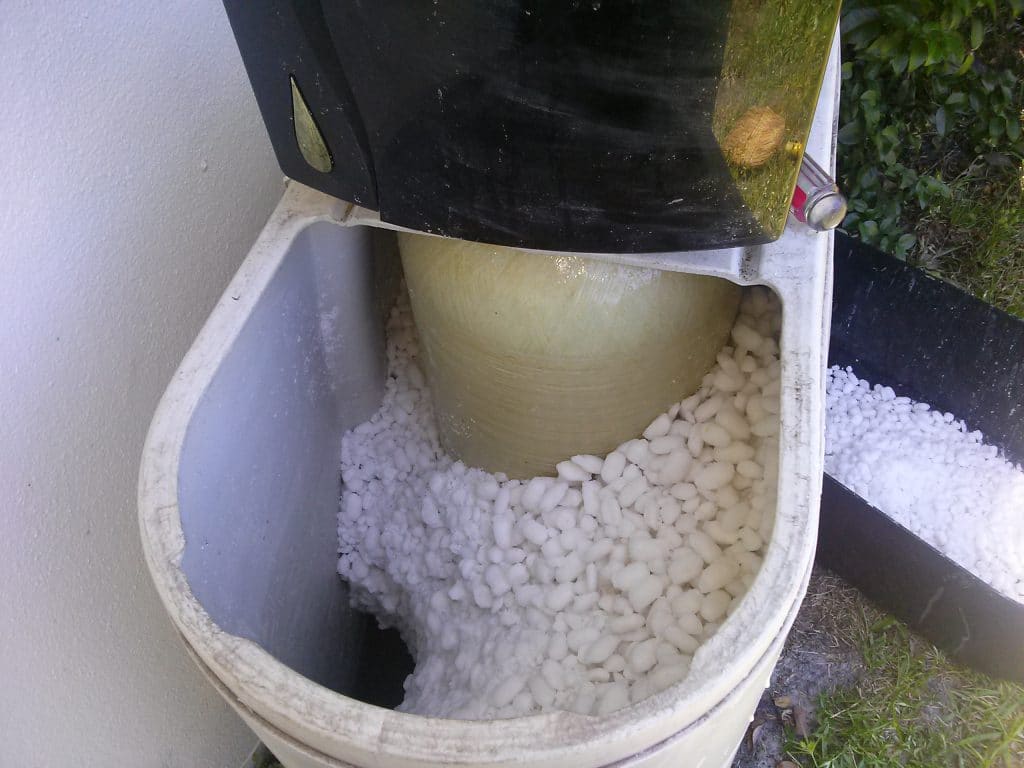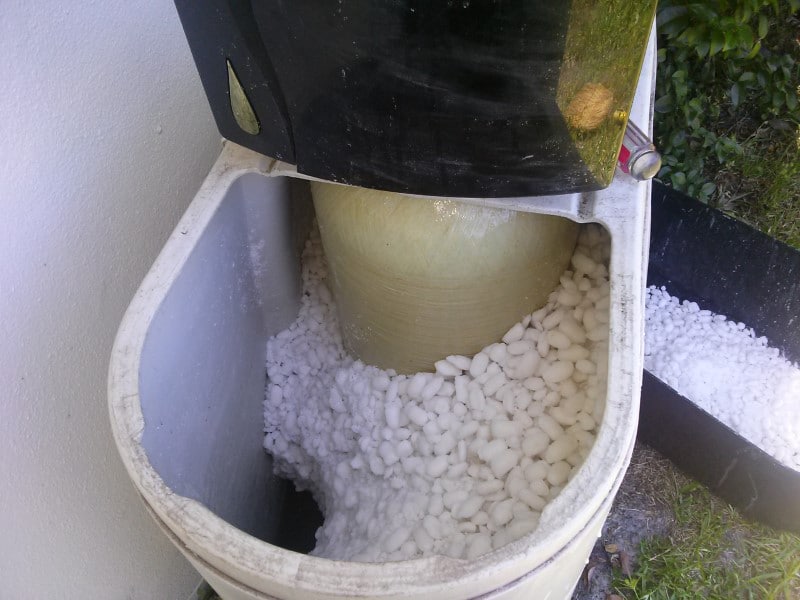
This has been an issue that has come up so many times before for so many homeowners. As you know, having a cesspool requires your attention and time. It is a system, much like a septic system but has a tank equipped with perforations through which the effluent filters out into the drain field. to be treated and re-used by the surrounding environment. Like the septic tank, the cesspool is also prone to physical damage and blockages. This is the main reason why you have an issue with installing a water softening system. So many people have advised against it but even so, you still think of the change that it may give your home.
In the process of water softening, water softeners are used to eliminate sodium, magnesium, and calcium in the water supply that runs through your home. So the question is, do water softeners harm cesspools? The discharge that goes into the cesspool is then laced with these ions. This is where the wrong perceptions start. Sodium has always been known to have negative effects on the bacterial population in the cesspool. The bacteria at the bottom the cesspool the cesspool tank are used to freshwater environment. When the salt from the water softener discharge reach the cesspool, they say that the bacteria would most probably die off because of the salinity.
There were studies made to prove if this was true. Fortunately, the bacteria are not affected by the sodium deposits at all. The salt or sodium ions are already too diluted to affect the bacteria or cause them to explode, or simply get eradicated. Calcium is another ion that is thought to harm cesspools but this element greatly improves the percolation or absorption rate of the surrounding soil. When it comes to the cesspool tank, these elements do not damage it because of their amounts are too minimal to accumulate and do that much mechanical harm.
Water load is another issue that comes up when water softening is performed. It is thought that when water is softened up, a greater volume of water is dumped into the cesspool. Actually, the softening of your water only happens when needed. Ultimately, it reduces the amount of water that enters the cesspool. The impact of the water doesn’t even interrupt the decomposition of the solid wastes. The rush of water doesn’t stir up the sludge to be dispersed into the drain field and clog it.
When you have your water softened up, it turns into water that is much more usable in washing and laundry. Soaps and detergents lather up quickly and therefore, are more effective when used. You tend to use less soap and spend less on them. You even get to have a more efficient cesspool system. With all these, you call your water specialist and inquire about installing an automatic water softening system in your home. After the installation, you have discovered how easy and carefree your weekends could be. Because of water softeners, you have more time for recreation with your family. Saturdays and Sundays do not have to be chore-filled anymore. The answer the question do water softeners harm cesspools, is yes they can when they are not functioning properly or septic safe water additives are not used.
